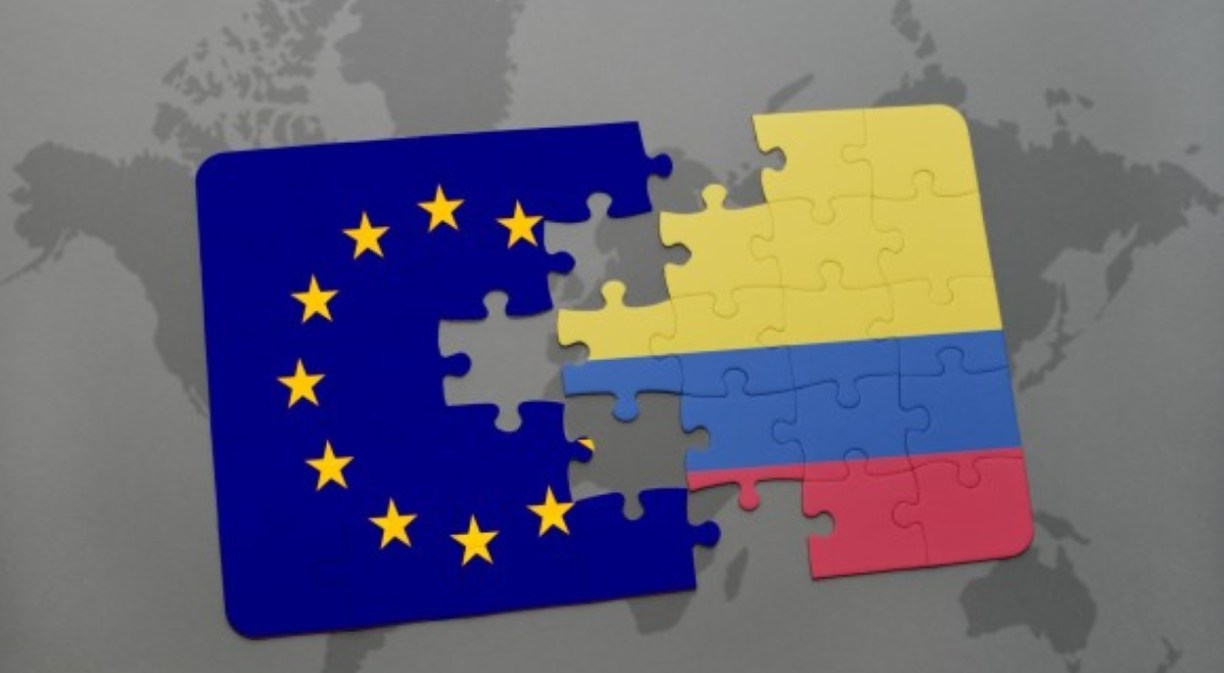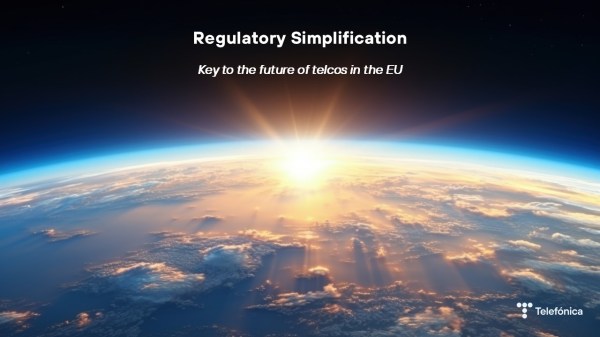On March 14 in Bogotá, the European Commission announced the launch of the EU-Latin America Digital Alliance and the bilateral partnership between Europe and Colombia. On the 15th and 16th of March, the Euroamerica Foundation organised the IV EU-Colombia Forum. The event addressed key issues of a common agenda and the vision for the future between the two regions.
This conference was attended by a high level of institutional representation from both the European and Colombian sides. Participants discussed the triple transition – digital, green, and social – focusing on people, investment and trade relations between Colombia and the EU.
The forum brought together more than 230 attendees and showcased the strong links between the two regions, Europe and Latin America. In particular, the regional leadership of Colombia, with a clear commitment: the productive transformation of its economy based on digitisation, in a sustainable and inclusive manner. At the inauguration of the conference, the President of the Euroamerica Foundation, Ramón Jáuregui, indicated Europe’s strong will to build a solid collaboration with Latin America, with the support of Spain, which is of particular relevance this year. During the second half of 2023, Spain will assume the Presidency of the Council of the European Union. It is expected that during this period, relations between the two regions will be strengthen around a common agenda. Actions in the field of digital and energy transition stand out, but also the exchange of visions and values, putting people at the centre of these actions.
Global Gateway, building more resilient connections with Latin America
The first session focused on the existing ties between Europe and Latin America and the drive to enhance them through the Global Gateway initiative. This European strategy aims to promote smart, sustainable and secure links with regional partners through major investments.
Félix Fernández-Shaw, Director for LAC, DG INTPA of the European Commission, presented the importance of this strategy. The objective of “the gateway to the world” is to accelerate the transformation of the economy and society, with greater digitalisation and a greener economy, building more resilient connections with Latin America. He emphasized the need to count on the private sector and foster public-private partnerships, in collaboration with development banks to attract European investments to the region that facilitate these transformations and improve the quality of life of citizens.
Global Gateway: how to accelerate the digital transition
The second session dealt with the digital transition. It included special interventions such as that of Carme Artigas, Secretary of State for Digitalisation of the Government of Spain, who presented the main axes of the Digital Spain 2026 Plan. Subsequently, the ICT Minister of Colombia, Sandra Milena Urrutia, presented the digital agenda for Colombia with the national ConectaTIC 360 plan.
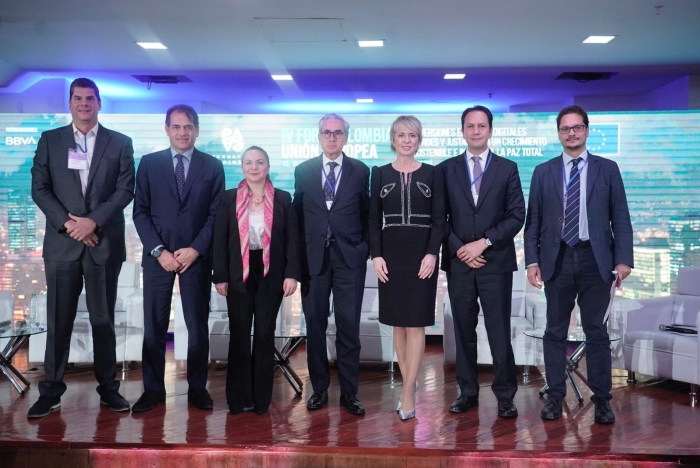
Fabián Hernández, CEO of Telefónica Colombia highlighted the environment of great opportunities that Colombia represents as a country, as well as the existing common agenda between the EU and Colombia based on the triple transition. He emphasised the need to accelerate the deployment of connectivity networks for all, leaving no one behind, especially in rural areas.
To this end, he noted that the role of the private sector is essential but pointed out that action is also required from the State to adopt appropriate measures for the renewal of the spectrum. In addition, the CEO of Telefónica Colombia pointed out that it is necessary to seek and promote new business models in order to accelerate connectivity projects and plans. This will improve productivity and competitiveness, so as not to fall behind other markets. Finally, he stressed the importance of training in skills for the new digital environment, taking into account national talent, especially that linked to programming and entrepreneurship in various sectors.
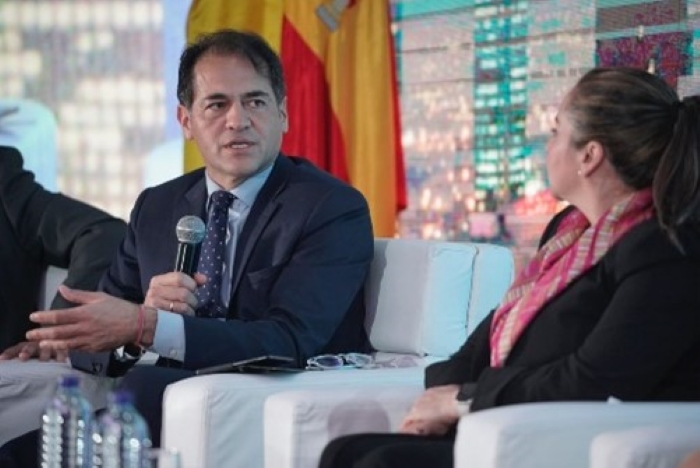
Global Gateway: how to promote sustainability
The energy transition was the focus of the third session. Progress in Colombia was evaluated, as well as the role of companies and their commitment to be greener and more sustainable. Additionally, the potential contribution of the European Union to this transition was assessed. Alicia Montalvo, Manager of Climate Action and Positive Biodiversity at CAF, stressed the role of development banks as a support.
Colombia’s regional leadership in digitization and opportunities for the European Union
The first day ended with a special intervention by the European Commission’s Executive Vice-President and Commissioner for Competition, Margrethe Vestager. She highlighted Colombia’s regional leadership in digitisation, part of the national plan to increase connectivity to 85% of the population by 2026. In essence, the pillars of the plan are connectivity, cybersecurity, data economy and contribution to digital literacy. Moreover, she emphasised the importance of connecting people to provide better opportunities for all. It is crucial to invest in more inclusive societies, based on peace and in harmony with the environment.
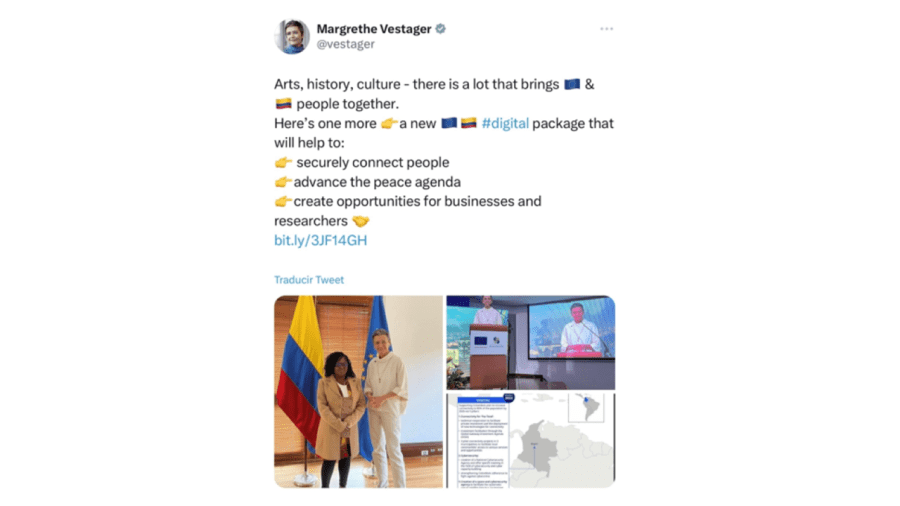
The dialogue on the priorities of the European Presidencies for 2023, by the Swedish and Spanish Ambassadors in Colombia, occupied the first part of the second day. In his intervention, Javier Niño, Managing Director for the Americas of the EEAS, commented on the great common challenges. He also indicated the need to work together from Colombia and Europe. The objective is to ensure a better, more digital and greener future for citizens.
Emphasis was also placed on trade relations between Colombia and the European Union, as a basis for better understanding and the strengthening of ties between the two. Colombia’s commitment to a reindustrialisation policy that attracts investment and modernises its productive fabric is important. The last session focused on the construction of peace as the basis for a better coexistence for all Colombians and ways to consolidate it in the long term.
Europe and Latin America must join voices
The day ended with a speech by the President of the Government of Colombia, Gustavo Petro. Indicating that Europe and Latin America must join voices and face together the current challenges such as climate change and the technological revolution. To do so, they must promote changes in production methods, centred on people, based on collective action and through alliances, such as the one presented in Bogotá this week.
The strengthening of links between Europe and Latin America, and especially with Colombia, around a common green and inclusive digital agenda must be translated into driving projects within the framework of the Global Gateway initiative that will trigger the necessary transformations.
Such projects should foster and accelerate connectivity through the deployment of digital infrastructures. Also, should drive the digital transformation of the productive sector, putting people at the centre of these transitions. In the process, digital skills training for all should not be forgotten.
The ties between Europe and Latin America are intense in these months: from the celebration of the Ibero-American Business and Heads of State Summit in the Dominican Republic organised by SEGIB, under the slogan “Together for a fair and sustainable Ibero-America” (23-25 March), to the IX International Congress of the Spanish Language in Cadiz (27-28 March), as well as the Spanish Presidency of the EU Council in the second half of 2023 and the upcoming EU-CELAC Summit in July in Brussels. Given these milestones and the relevance of global challenges, it is expected that the union between Europe and Latin America will be further consolidated, based on digitalisation, sustainability and inclusion, and through a comprehensive and efficient public-private partnership.
